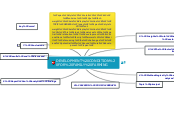by John Bedoya 6 years ago
164
Class English
The study delves into the spatial distribution and developmental conditions of family farmers in Brazil, highlighting the various challenges they face and the potential for rural development.

by John Bedoya 6 years ago
164

More like this
Key words